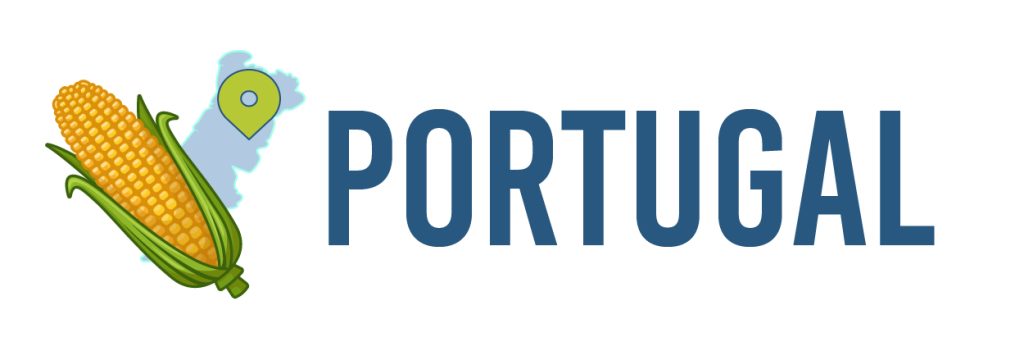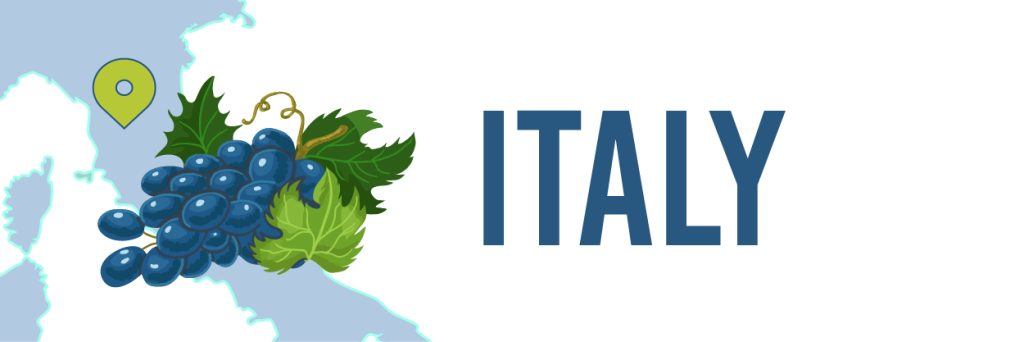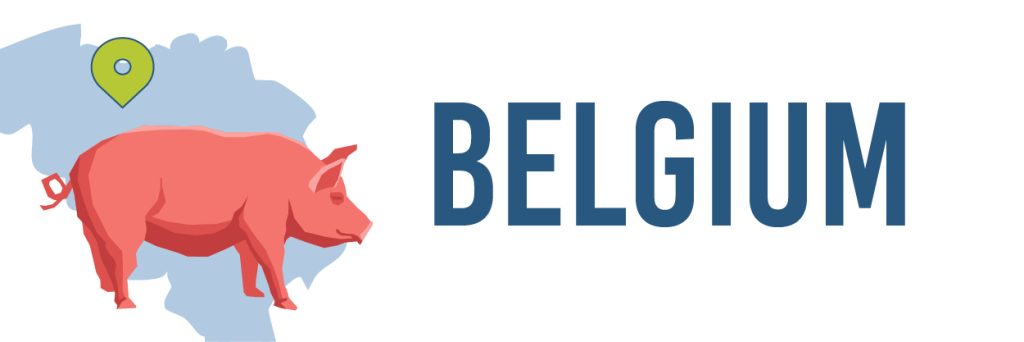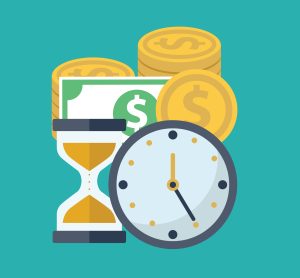The digitalisation of the European agricultural sector is beyond profound, and provides a way to make farms sustainable, productive and profitable. Despite the benefits that have been recorded both at the small farm level up through large-scale agricultural enterprises, the actual uptake and use of data and digital technologies in agriculture (DATs) by farmers in the EU has been slow and limited.
QuantiFarm aims to support the further deployment of DATs as key enablers for enhancing the sustainability (economic, environmental and social) and competitiveness of the agricultural sector, by conducting at least 8 Test Case (TC) visits. The TC actors will be engaged in participatory observation activities (i.e., a combination of observing farming practices and actively engaging with the farmer about his or her relation to technology), while offering valuable input and supporting the behavioural analysis.
During the first 6 TC visits, knowledge derived from previous studies on technology acceptance and behavioural segmentation was used and further research was carried out, aiming to understand the farmers’ motivations and their decision-making process for selecting and using DATs.
Having shed light on the background and intention behind the Test Case visits (Portugal, Italy, Netherlands and Belgium), let us take you on a trip around Europe and dive into our first six visits.




Our first test case visit was conducted in Portugal, where precision irrigation is the hot topic among corn farmers, who have to overcome soil dryness stemming from climate change. There we met João Coimbra a highly digitalised entrepreneurial farmer that guided us through the digitalisation strategy for corn farm and helped us understand the challenges that farmers have to face.
It was an incredibly enlightening visit for QuantiFarm, as João Coimbra’s corn farm provided us with tangible proof that digital farming can at the same time support risk management and being climate resilient, and also serve to increase the biodiversity on the land biodiverse.
From Portugal, QuantiFarm travelled all the way to Italy, where we continued our efforts towards analysing the behavioural determinants of DATs adoption on farming practices. For this reason, our partners pooled their resources to carry out a test case visit in the grapevine farm and winery of Res Uvae in Italy.
We were hosted by Federico, a young ambitious farmer, who uses Horta’s Decision Support System and sensors to advise him on the vines’ fertilisation needs, making the application of fertiliser more efficient. The main challenge we identified there, based on Federico’s witnessing, is that a young and new farmer cannot always find a reliable knowledge legacy that he/she can trust, and the DSS can fill this gap. A deep understanding of the soil, the plants and the land inherently drives the farm’s success. As Federico puts it “Not using the available farming technology is like walking when you can drive”.
Our next stop was the Netherlands, where two more test case visits took place! A really interesting visit to two innovative farms revealed that utilising farming technologies is a promising way to deal with the increasing scarcity of our resources. Although farmers’ experience is an irreplaceable tool, data driven farming technologies give our farmers valuable extra eyes, pointing where attention is needed to make actions, such as irrigating, far more targeted.
Our last destination was Belgium, where we conducted two more eye-opening test case visits!
The first one made us realise that the benefits we feel from listening to music, such as a positive effect on falling asleep and the decreasing stress, also works for animals. A Belgian farmer, Piet Paesmans, took a step and applied this method to his pig farm, where we visited him and were impressed by his devotion to the wellness of his pigs. His end goal: happier pigs!
A second master mind farmer employed her creativity and figured out that two is better than one; having two stables for her pigs, she is now able to test different conditions and research the stimuli her animals respond best to.


Having conducted 6 test case visits in Portugal, Italy, Belgium and Netherlands, in combination with an extensive literature review, we are now able to distinguish several determinantsgthat affect the adoption of DATs. Of course, we expect many more to come surface during the coming years of research in Quantifarm. Also, findings will be surveyed amongst the entire QuantiFarm farming population to see where generalisations are possible and not. Eventually, the findings will be turned into guidelines to advise the farmers, their advisors, policy makers and everyone involved on what behavioural aspects are to be respected and addressed to enhance adoption of DATs in European agriculture.
Inspired by the Unified Theory of Acceptance and Use of Technology (Venkatesh et al., 2003) we can comprehensively sum up our first findings in the following way
The extent to which a farmer perceives the adoption of a new technology to require effort will impact the decision to do so
For instance, the ease of use, but also the compatibility with existing farming systems, and how well a DAT synchronizes with the farmer’s own knowledge

A clear representation of how a farm’s performance will improve, incentivises the adoption of a new technology
Not only regarding profitability, but also the direct applicability of the advice, and the demonstrable adherence to desired certifications
We know that important social connections are not only the family, or peer farmers, but also the relationship with the DAT supplier
A farmer’s social circle can influence their decision to adopt a technology. This is even stronger in collectivistic (sub-)cultures
Collectivistic cultures are those that emphasise the needs of the group.
Individualistic cultures are those that emphasise the needs of the individual.
One is more likely to adopt a technology if there are supporting conditions in place
For instance, is help available when needed? Or even better, can I as a farmer tinker with the DAT myself to optimise the system?
By the end of our first round of test case visits, our understanding of the domain Quantifarm operates in has already profoundly deepened. We saw personal passion finding its way in an ever more complex system and an insecure world. We are hopeful though that digitalisation in farming has the potential to change the way farms operate in European countries, as long as they truly fit with farmer’s needs.
Keep posted to follow us on our journey to better understand DAT adoption.